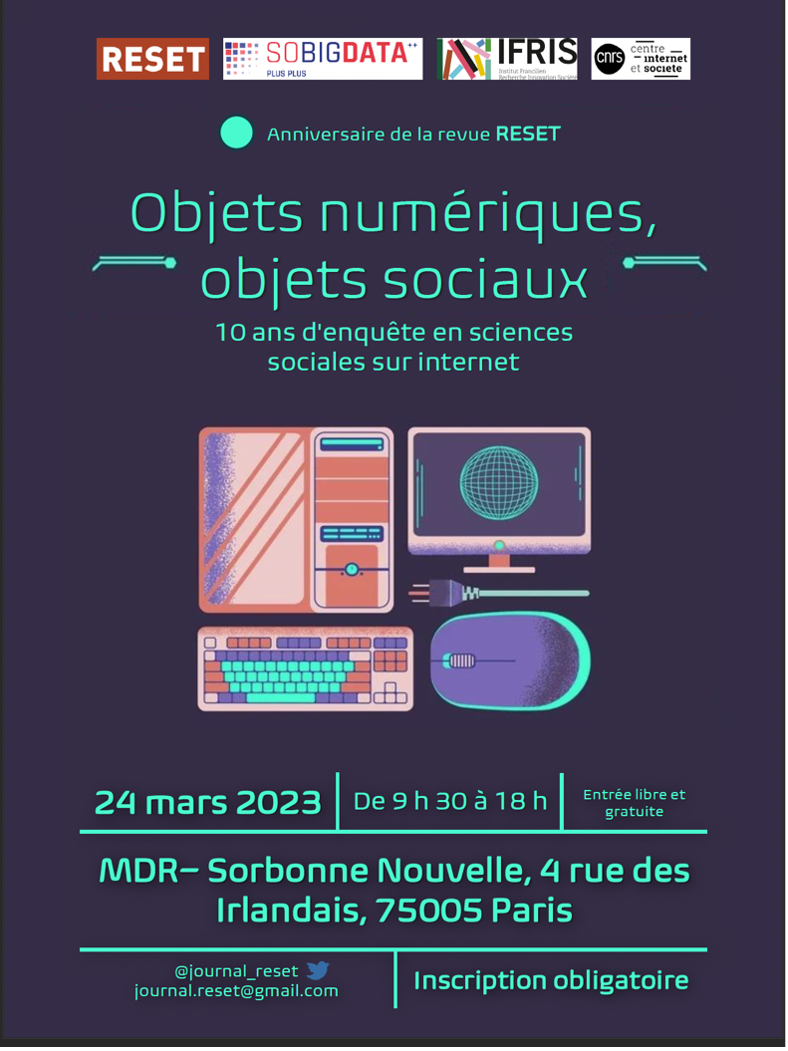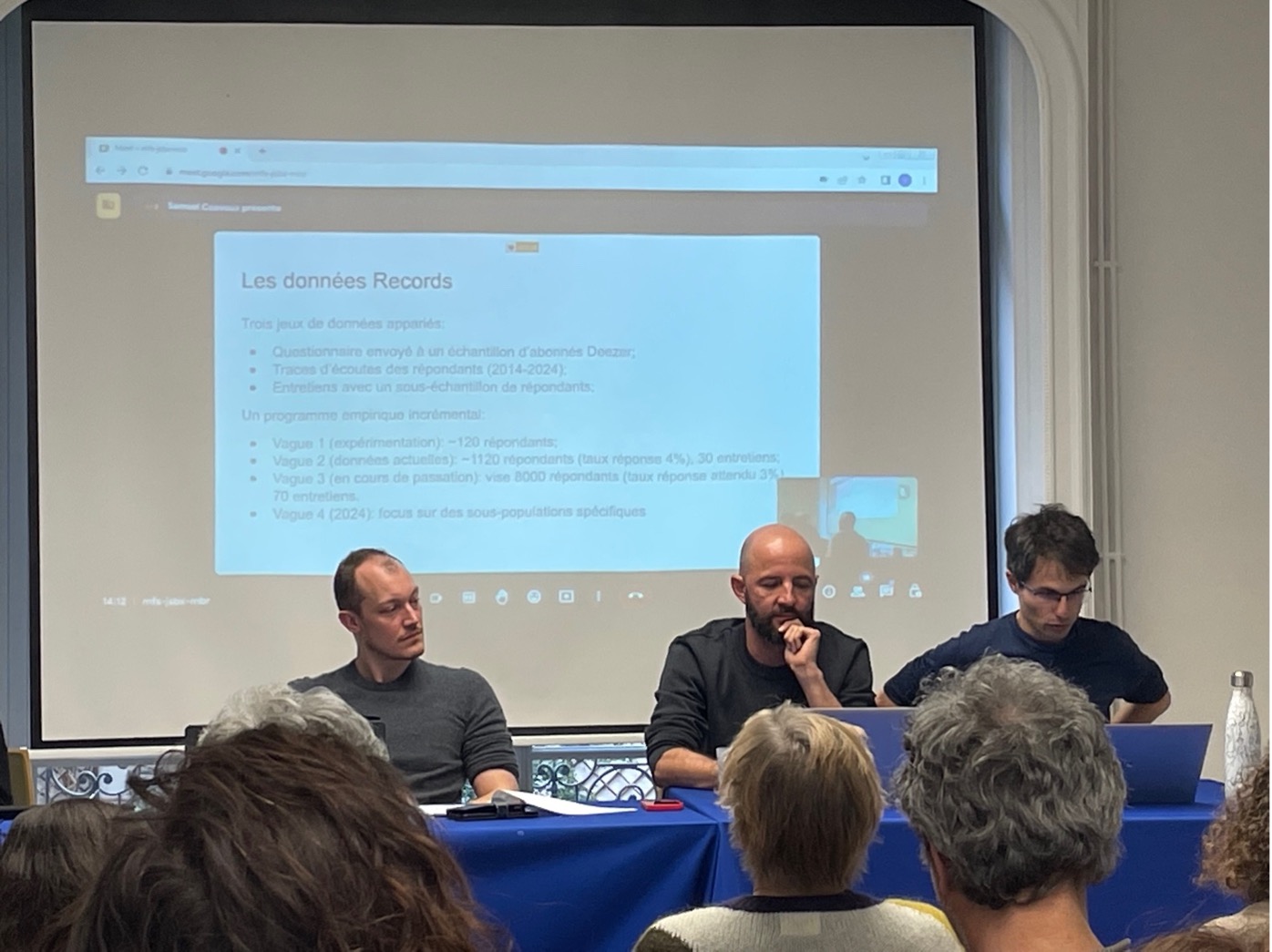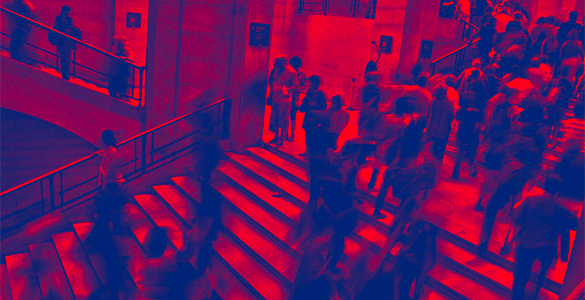Ten years of digital social sciences
Reminiscences from the colloquium celebrating the 10 years of the RESET scientific journal
On the occasion of the tenth anniversary of the journal RESET – Recherches en sciences sociales sur internet, its editorial board (including Francesca Musiani, SoBigData++ member and author of this post) has organized a colloquium to carry out a critical assessment of the research carried out in the field of digital social studies. Through two panels and a final round table of French and European guests, the aim of the colloquium has been to both analyze the way in which the “Internet” as a global object has made its way into our daily lives, revisiting classic social science issues, and to critically review digital methods in computational social sciences. Finally, we have proposed a prospective exercise in the light of the work in progress of young researchers, in order to identify the new fronts of research in progress on these objects. This colloquium has provided useful insights for the tasks of SoBigData++ that address innovative methods for analyzing and visualizing core societal issues related to the use of the Internet and digital technologies [please insert Panel2.jpg and Panel2-1.jpg here]. The event has taken the form of a one-day colloquium, organized on March 24, 2023 at the Maison de la recherche of Sorbonne Nouvelle University (Paris).

This colloquium has aimed to make visible a set of contributions essential to our understanding of the effects of digital technology in society, with particular attention to the articulation between “new” technologies – that are now, actually, well established - and classical questions in social studies, but also to the variety of methodologies employed in the field of digital studies: ethnography, online and offline, qualitative and quantitative methods, computational social sciences, etc. The colloquium has contributed to several of the strategic research orientations defined by SBD++. The digital technologies that have been at the heart of this colloquium indeed participate in a transversal way in the transformation of issues addressed in the project. In particular, the first panel (“The Digital World, and Beyond. The Transversal Issues of the Social Internet”) has questioned the fluid circulation of digital technologies within various social spaces and the way in which they transform the production of collectives, but also innovation regimes and their economic structure, or the inequalities of resources in the face of technology. The second panel (“The Threads of the Corpus. A Retrospective on Ten Years of Methodological Innovation”), dedicated to digital research methods and their articulation with classical social science methods, is part of SBD++’s commitment to reflections around computational social sciences and their material conditions and epistemics of existence.

More generally, the colloquium has contributed to the visibility of innovative research, largely inspired by science & technology studies and computational social science, which has as a common denominator the fact of questioning the relationship between technology and society, through a multitude of technical objects gathered under the “digital” banner. The presentations of the guests have been based on texts that have either been submitted beforehand to the organizers of the colloquium, or will be submitted before the end of May. These texts will eventually form a special anniversary issue of the journal, hosted on OpenEdition, at the end of 2023.
The complete programme of the event is available at this link.

